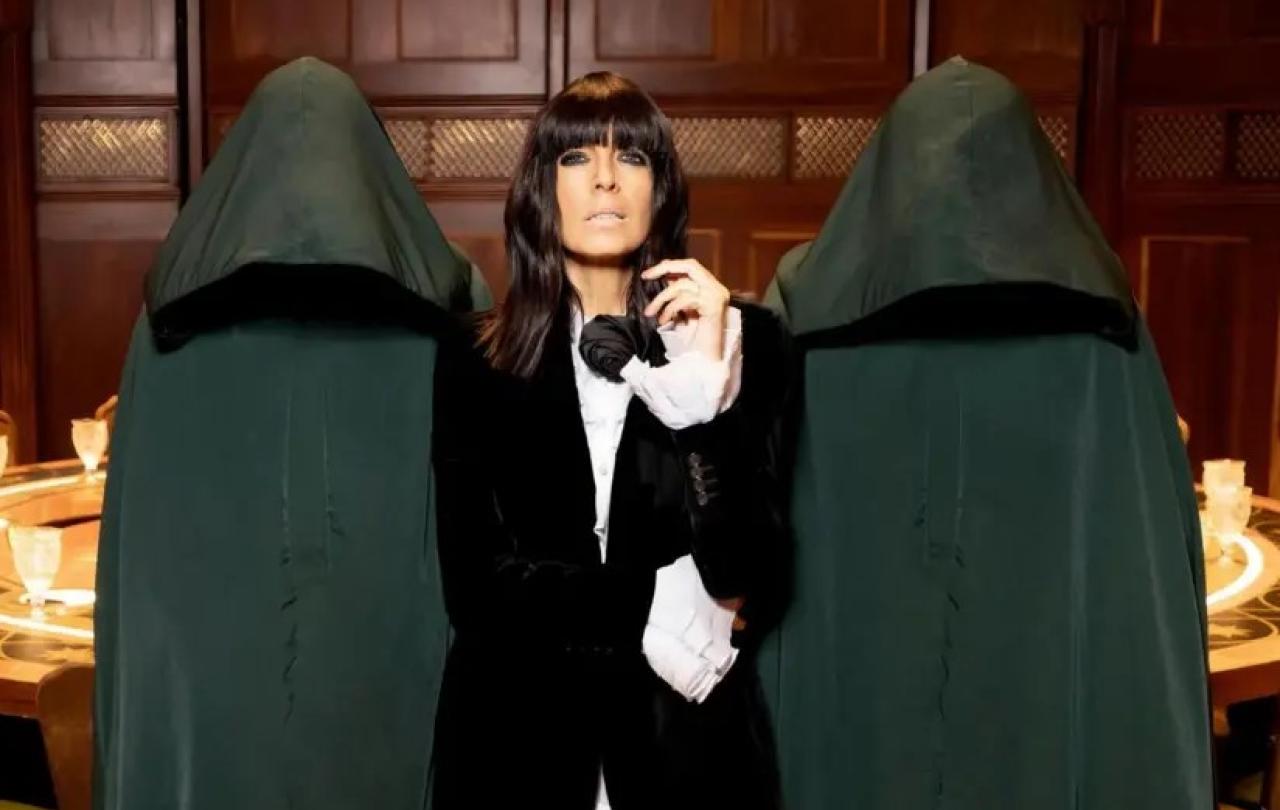The recent Green Party’s political broadcast has been praised for its emotional clarity, moral urgency and a call to action that has seen party membership surge.
Looking down the lens, recalling his years growing up in the north of England, party leader Zack Polanski sighs,
“There was something in the air… a kind of ordinary hope.”
As he walks through a typical British city, filmed in Manchester, lined with terraced houses and bright-white lights beaming over takeaway shops and industrial bins, he diagnoses the collective hopelessness of a ‘people too tired to fight, to sleep.’
In just under four minutes, Polanski disarms objections to his cause with a sensitive, poetic script. He opens by referring to the common experience of a satisfying bowl of cornflakes – before plainly illustrating the socioeconomic injustice facing the everyman. He then makes the case for fair wealth taxation, and closes with the cheery challenge:
‘Let’s make hope normal again.’
It’s a compelling appeal that resonates with those weary of cynicism. But what does it actually mean?
To be clear, I call this to question because I desperately want good things for our country. Warm homes, clean air, safe streets and an NHS that works for all – I believe these things should be normal. But I’m not sure I want to normalise hope.
Because real hope is weird.
Hope is not to be confused with optimism, or good prospects, or a positivity about the future reserved for the privileged. It’s not increased with social mobility or sitting comfortably in a five-year plan. Hope is not even the belief that things will get better. Real hope is much truer than that. It is a deep knowing that all shall be well, even when that seems foolish – a glance through the ancient literature of the Bible points to hope as singing in a prison cell, relief in the wilderness, resurrection in the face of crucifixion.
As NT Wright, the theologian, puts it: ‘Hope is what you get when you suddenly realise a different worldview is possible, a worldview in which the rich, the powerful, and the unscrupulous do not after all have the last word.’ This kind of hope doesn’t waiver with the housing market, interest rates, or inheritance tax. It’s not the result of good policy or strong polling. It’s the stubborn belief that love wins – and has, in fact, already won – even, or especially, when it looks like all is lost.
This is where Polanski’s got it right. There is a present and growing grief for the future. Across the UK, millions feel disengaged, disrespected and undervalued. Distrust of politicians, division in communities and loss of faith in the systems supposed to be for our benefit seem to be at an all-time high.
Polanski’s call to hope comes at a time when a redeemed order seems impossible or, at best, several generations away. But, instead of accepting the kind of ‘ordinary hope’ Polanski experienced back in his youth, the answer to our deepest longing lies in realising we need something extraordinary to happen and knowing that we’re allowed to believe that it will.
We don’t need to be desensitised to hope – we need the opposite. We need to be reawakened to everyday glimmers of redemption – the neighbour who pops by for sugar and stays for a safe conversation, the health worker who acknowledges a former patient with a grateful smile, the family whose fear is soothed by the kind gesture of an elderly white neighbour – and recognise our share and our part in bringing it on, believing there is yet more and better to uncover.
Polanski is incredibly perceptive in his address to the concerns of the hard-working plumber and the fledgling hair salon owner, nervous that their hard earnings and ambition will be cut short: ‘I wondered, “Why did they think I was talking about them?” And now, I get it. It’s because it’s too hard to picture.’
Hope, too, is hard to see. A better world is hard to imagine. Though Polanski is advocating for a public reform and reimagination of what it means to be taxed, our souls are capable of the sudden realisation that another way is possible. We can experience life-altering revelation that leads to fresh vision, both for what is seen and for the yet unseen.
For the Christian, hope is not some far-out abstract concept, but a gift made real through belief in the life, death and resurrection of Jesus Christ – a Middle Eastern man who walked the earth two thousand years ago, held no title, had no place to lay his head, and called himself the Way, the Truth and the Life. See? Real hope gets weird.
Instead of being content to accept an ordinary hope – made small, palatable and unremarkable – we can embrace hope as it was designed. A liberating reality that brings steady assurance to every thought, every reaction, every decision and, yes, every vote. This confidence comes not because we are sure of our own rightness, but precisely because we are not. We submit to its mystery because a hope that we can control, mediate and measure will never lead to the transformation we most long for.
Do I long to see an increased hope for the future across the UK? Of course. But do I believe we should ever grow accustomed to hope? I don’t think so. We need contagious hope – wild and holy and strange, anything but normal.
Tax the super-rich so that children can eat, parents can sleep, and ordinary people can be lifted out of extraordinary poverty, if you want – but let’s keep hope weird.






